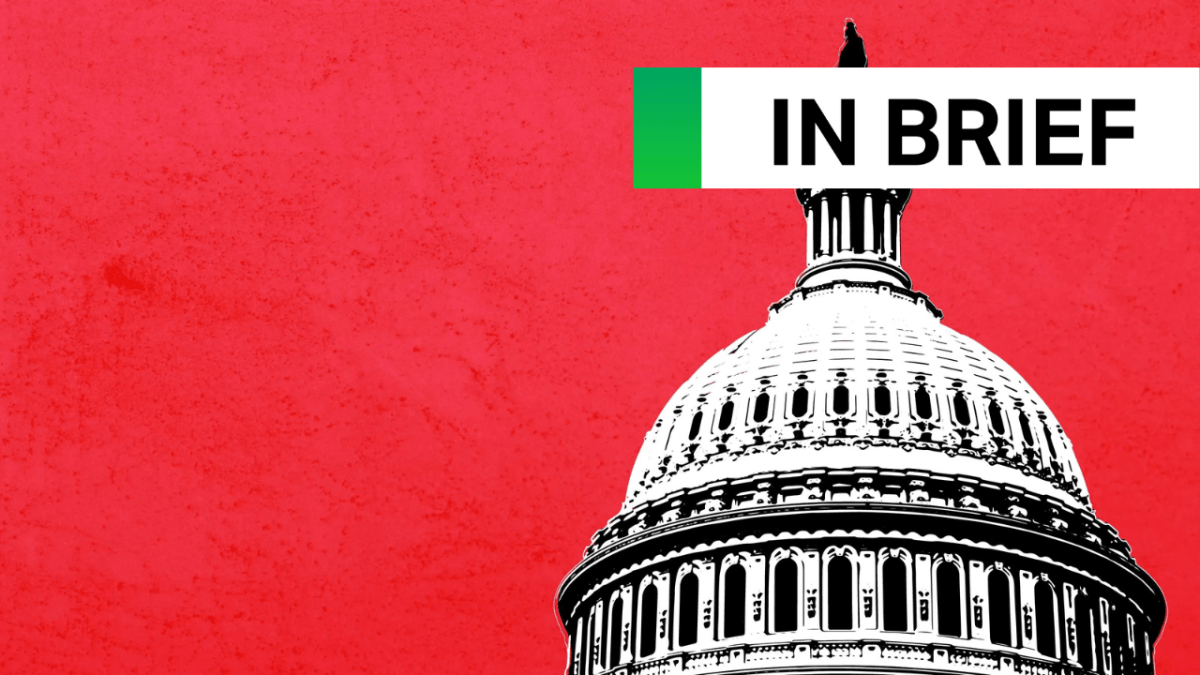The Future of AI Regulation: A Clash Between California and Congress
Pelosi’s Concerns Over SB 1047
Table of Contents
Congresswoman Nancy Pelosi has publicly voiced her opposition to California Senate Bill 1047 (SB 1047), a proposed legislation aimed at regulating the development and deployment of artificial intelligence (AI). In a statement released yesterday, Pelosi expressed concerns that while well-intentioned, SB 1047 is “ill-informed” and potentially more harmful than beneficial. She highlighted the shared anxieties of fellow Bay Area representatives Zoe Lofgren, Anna Eshoo, and Ro Khanna regarding the bill’s potential consequences.
A Nation Divided: State vs. Federal Regulation
Despite recent amendments to address criticisms from AI companies like Anthropic, SB 1047 remains a contentious issue. As a state-level bill, Congress lacks direct authority over its passage. However, Pelosi’s influential position and national platform could sway California politicians considering the legislation. This situation underscores the ongoing debate surrounding AI regulation – whether it should be primarily handled at the state or federal level.
California’s Vision for AI Leadership
Pelosi emphasized California’s historical role as a hub for technological innovation, stating, “AI springs from California.” She argued that the state has a responsibility to establish regulatory frameworks that serve as models for the nation and the world. Pelosi envisions a future where small businesses and academic institutions, rather than large tech corporations, lead the way in AI development.
Wiener’s Counterpoint: Safety First
State Senator Scott Wiener, the bill’s sponsor, responded to Pelosi’s criticism with respect but firm disagreement. He asserted that SB 1047 merely requires major AI developers to conduct fundamental safety testing on their powerful models – a commitment they have repeatedly made publicly. Wiener emphasized the importance of prioritizing safety in the rapidly evolving field of AI.
The debate surrounding SB 1047 reflects the broader challenges and complexities of regulating AI. As technology advances at an unprecedented pace, policymakers face the difficult task of balancing innovation with ethical considerations and public safety. The outcome of this legislative battle could have significant implications for the future of AI development and its impact on society.


